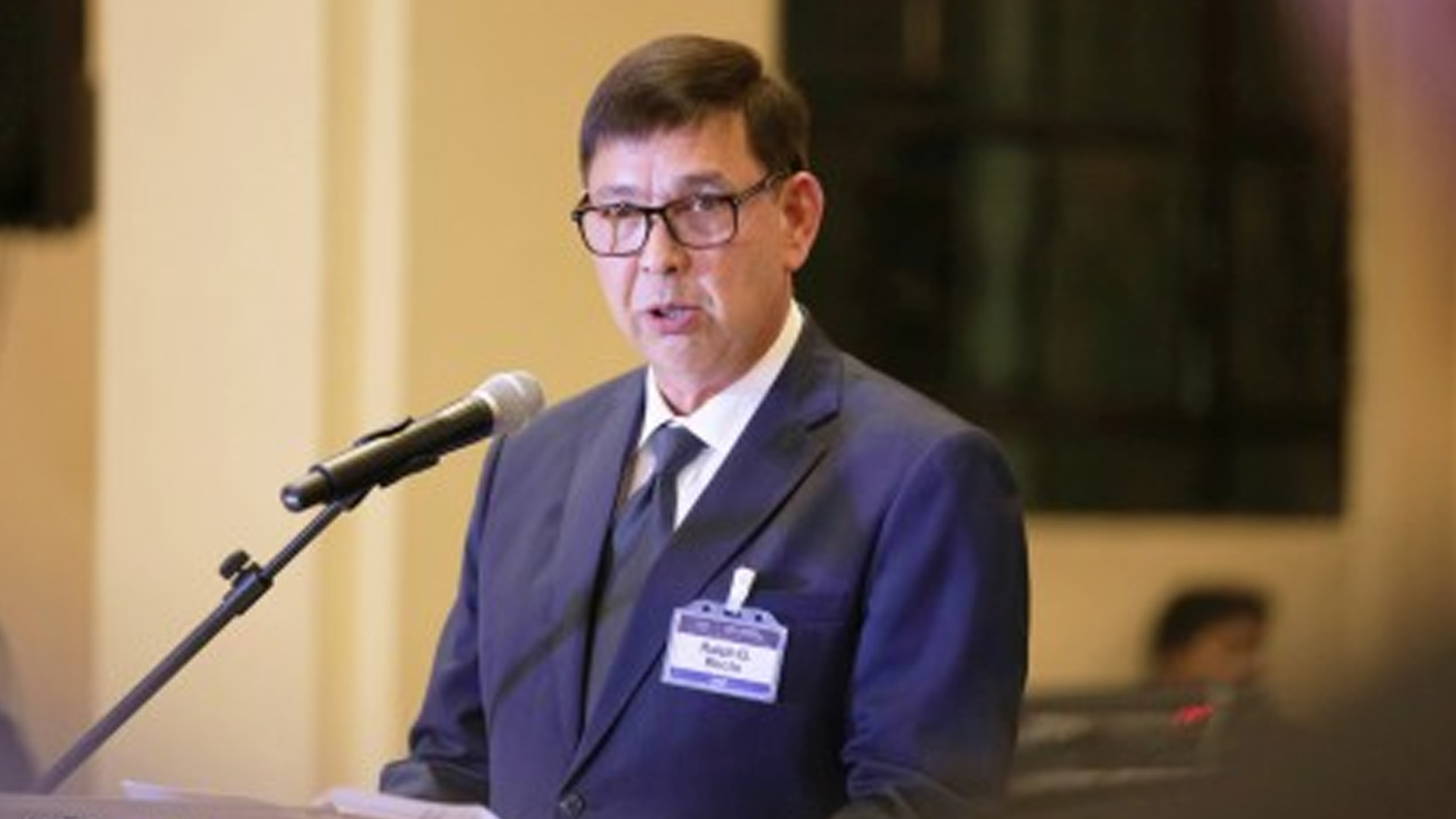Finance Secretary Ralph Recto showcased the Philippines’ climate finance actions at the 29th Conference of the Parties to the United Nations Framework Convention on Climate Change (COP 29) in Baku, Azerbaijan.
Recto called on global leaders to make this year’s meeting count by pushing the boundaries for meaningful climate action.
“For the Philippines, we are fortunate to have a President who stands as our number one champion of climate action. He is the one uniting every Filipino to draw on the very best of who we are as a nation to save our planet,” Recto said in a video message to the COP 29 Philippine Pavilion event on Nov. 14.
“Under President Ferdinand R. Marcos Jr.’s leadership, achieving both rapid economic growth and climate resilience is at the heart of the Philippine Development Plan. And all government agencies are mobilized towards the full realization of this goal,” he added.
With the theme “In Solidarity for a Green World,” COP29 brings together governments, international organizations, the private sector, civil society, and other stakeholders to discuss, negotiate, and collaborate on effective strategies to combat climate change and promote sustainable development.
Dubbed as the Finance COP, the Parties are expected to negotiate and agree on the New Collective Quantified Goal (NCQG).
The NCQG is a global climate finance goal that will support developing country Parties in strengthening their climate response actions post 2025 by addressing their financial needs.
The Philippine Pavilion at COP 29 provides a vital platform for the country to showcase its efforts in addressing climate change, as well as inspire and empower stakeholders to support the country in its journey towards a sustainable and resilient future.
The session titled “Playbook for Climate Finance: Climate, Nature, and Community at the Core” was moderated by the United Nations Development Programme.
Recto highlighted that the Department of Finance (DOF) is the leading agency taking bold steps to carefully balance the complexities of economic development and climate action.
“For we believe that these two vital agendas are not competing forces on a scale. When done right and contextualized in our own realities, they work in harmony to ensure the welfare, security, and prosperity of the Filipino people,” he stressed.
Under Recto’s leadership, the DOF refined the Medium-Term Fiscal Program to serve as the country’s overall plan for sustainable economic growth while upholding the highest standards of fiscal discipline.
The plan enables the government to prudently finance green infrastructure, support local adaptation projects, educate Filipinos on climate consciousness, create green jobs, and reduce poverty along the way.
The Philippines is also armed with the National Adaptation Plan (NAP) and Nationally Determined Contribution Implementation Plan (NDCIP) as its playbooks outlining the strategies to fully achieve both its climate and economic objectives.
The NAP aims to facilitate effective medium- and long-term adaptation planning and enable the integration of adaptation into relevant policies and programs across sectors.
The NDCIP, on the other hand, details the necessary actions, costs, phasing, and implementation arrangements for the Philippines to deliver its NDC, with constant consideration of its adaptation co-benefits.
In addition, Recto, who also serves as the chairperson of the People’s Survival Fund, spotlighted it as an innovative climate solution that channels vital resources directly to locally tailored and community-led climate adaptation projects.
To strengthen disaster preparedness and response, the Bureau of the Treasury recently implemented the National Indemnity Insurance Program to protect national assets and ensure economic security for the people.
On top of this, the DOF has secured additional standby credit lines from development partners, which can be tapped to deliver immediate relief to affected communities.
Global moves
The Philippines was also the first country to sign the Rapid Response Option (RRO) agreement with the World Bank, a model that has since been followed by 25 other nations.
The RRO is part of the World Bank’s Expanded Crisis Preparedness and Response Toolkit, which empowers client countries to deploy resources from their existing Bank portfolio more effectively to deliver a swift response when crises occur.
Meanwhile, the government also has its own Inter-Agency Task Force on Sustainable Finance or the Green Force, co-chaired by the DOF and the Climate Change Commission, tasked to accelerate the creation of a sustainable finance ecosystem in the country to draw in more green investments.
With the new Public-Private Partnership (PPP) Code, the government can leverage private sector expertise to expedite sustainable and climate-resilient investments across the country.
“I am proud to say that the Philippines is among the first nations to require ESG (environmental, social, and governance) standards and champion gender inclusivity across all PPPs. Because for us, progress must be both swift and sustainable, impactful and inclusive,” Recto said.
In addition, the DOF is utilizing fiscal policy as a tool to promote a regime that rewards green investments.
With the recently enacted Corporate Recovery and Tax Incentives for Enterprises to Maximize Opportunities for Reinvigorating the Economy Act, the government has improved its tax incentives policy and tailored these to investors’ interests to attract investments in clean and renewable energy, green infrastructure, sustainable agriculture, and waste-to-energy technologies.
The Finance chief likewise shared that the government is expecting to pass legislation imposing an excise tax on single-use plastic bags to curb pollution and adopt more sustainable practices.
Moreover, both the government and the private sector have been actively issuing sustainability bonds to finance both green and social projects nationwide in line with the Philippines’ commitment to achieving the Sustainable Development Goals through its Sustainable Finance Framework.
Recto highlighted the Philippines’ successful bid to host the Loss and Damage Fund Board to bring in greater climate finance access to economies in the Asia-Pacific region.
He emphasized that the Philippines’ climate finance actions are extensive because the government is acutely aware that as climate impacts grow, so too will the difficulty and cost of eradicating poverty in the Philippines.
“But we also know that a climate-proof nation cannot be built in a day. That is why we are eager to learn from your insights and best practices so we can harness our collective strength and drive integrated solutions that bring climate action and poverty eradication all together,” he said. (PNA)








